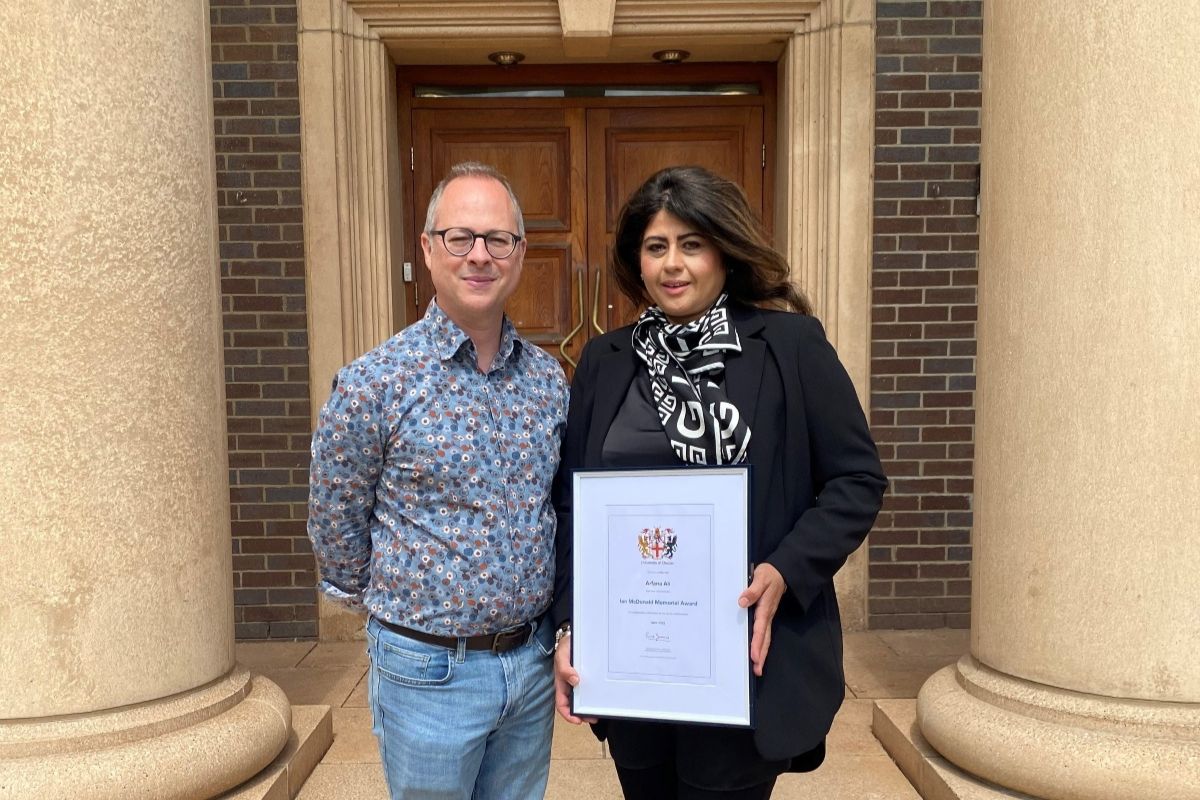Preventing financial failure in schools and academies

How ESFA identifies and manages risk in schools and academies and works with local authorities and academy trusts where there is risk of financial failure.
Introduction
This guide sets out how we engage with local authorities and academy trusts where there is a risk of financial failure.
Early engagement helps reduce the risk of a local authority school or academy trust falling into the scope of formal intervention measures.
Our approach to preventing financial failure in schools is part of DfE’s strategy for supporting excellent school resource management and includes embedding DfE’s information, tools, training and guidance on school financial planning and resource management.
We are responsible for monitoring academy trust compliance with their funding agreement and the Academies Financial Handbook.
Local authorities are responsible for ensuring effective school resource management in their maintained schools, They monitor school compliance with their schemes for financing schools and schools financial value standard (SFVS) and assurance. We work in partnership with local authorities to support financial sustainability in maintained schools.
We provide independent school resource management advisers (SRMAs). They work with the trust or local authority to review how effectively schools are using their resources. They will make recommendations for optimising resources and finding savings to secure financial stability and improved outcomes for pupils.
Risk management approach – academy trusts
Our risk management approach identifies concerns against a range of factors including:
- fraud or irregularity
- financial health
- governance and compliance
Our approach is not intended to be prescriptive and we may use other factors to identify concerns. This includes using budget forecast returns to identify trusts that think they will be in financial difficulty in the future and work with them to try and prevent it.
We will prioritise cases of most concern. This includes where trusts are reporting recurring in-year deficits and/or requiring advances of funding.
We would prefer to prevent cases like these, so we also work closely with trusts that are forecasting a deficit in the future.
All healthy, well-led organisations constantly seek out best practice and trusts that have already worked with an SRMA, including those that are financially healthy, have made clear that it was invaluable to have a second set of expert eyes look over their plans.
We think it is right that we make this free resource available to more trusts and accepting SRMA support is now a condition of some grant funding including those successful with a Condition Improvement Fund (CIF) bid. It will remain the responsibility of trusts in receipt of this support to decide which of the SRMA’s recommendations to implement.
Risk management approach – local authority-maintained schools
Local authorities are the accountable body for maintained schools. Their financial risk management approach to schools is governed by their individual scheme for financing schools.
We regularly review the publicly available school and local authority-level data on schools. We use this to work closely with local authorities to better understand their approach to schools at risk of financial failure and direct them to available resources.
Deploying school resource management advisers (SRMAs)
An SRMA visit aims to support a local authority (for maintained schools) or trust to make best use of available resources to provide an outstanding education to their pupils. A typical visit is likely to last between 2 and 3 days.
Before the visit, the SRMA will use key financial, staff and pupil data to develop an understanding of the trust’s or schools’ financial health.
During the visit, the SRMA will discuss their initial analysis of the data and agree with the local authority or the trust where they will focus their time. They will also agree a schedule of meetings with the appropriate people at your school or trust.
SRMAs assess a trust or school’s staff and non-staff spend compared to similar schools. They consider the extent to which the school or trust is using integrated curriculum and financial planning (ICFP) to inform how they deploy staff. If the school/trust is not practising ICFP, the SRMA will talk through the benefits of this approach and the tools available.
After the visit, the SRMA will prepare a report. This identifies potential cost savings and revenue generation opportunities and makes recommendations for achieving these. This may include ways to improve existing practices, embed ICFP, minimise burdens on staff and remove unnecessary workload.
They will also signpost to the range of national deals and other tools and resources available to schools and trusts including the free national teacher vacancy listing service. The SRMA will also support schools/trusts to develop a revised financial plan. The whole process takes between 6 and 8 weeks.
The SRMA shares their report and plan with ESFA or the local authority (for maintained schools). We expect the revised financial plan produced by the trust or school to incorporate the SRMA’s recommendations and to show how they plan to return to a balanced budget.
We expect the trust or LA to use the lessons learned to provide support and challenge to their other academies/schools.
For trusts, an ESFA case lead will work with the trust as they implement the new plan.
Escalation to formal intervention
On rare occasions, ESFA (for academy trusts) or local authorities (for maintained schools) may invoke formal intervention measures where there are continued concerns about financial management or governance.
About SRMAs
SRMAs are practising sector experts. They provide peer-to-peer, expert and tailored advice on how schools and trusts can make best use of resources to deliver the best possible educational outcomes for their pupils.
We have contracted the Institute of School Business Leadership to deliver induction and accreditation for all SRMAs to ensure they have the right skills and experience for their role.
We are also working with 9 organisations who manage and supply SRMAs across the country.
You can read more about how ESFA helps schools and trusts make the best use of their capital and revenue resource.
More information
Maintained schools should contact their local authority in the first instance.
Individual academies in multi-academy trusts should contact their trust in the first instance.
Academy trusts and local authorities should contact us using our enquiry service.
ESFA enquiries
Contact formhttps://form.education…
For all enquiries for the Education and Skills Funding Agency
Published 27 January 2020 Contents












Responses